Partners & Carers
This page provides a wealth of information and resources for partners of those with prostate cancer.
This information can benefit partners of those with prostate cancer.
When we talk about partners, we are including:
Some of the information may also be useful for:

A carer is anyone, including children and adults who looks after a family member, partner or friend who needs help because of their illness, frailty, disability, a mental health problem or an addiction and cannot cope without their support. The care they give is unpaid. (NHS)
'Someone who, unpaid, looks after a person with cancer who couldn't manage without this help'. (Macmillan Cancer UK)
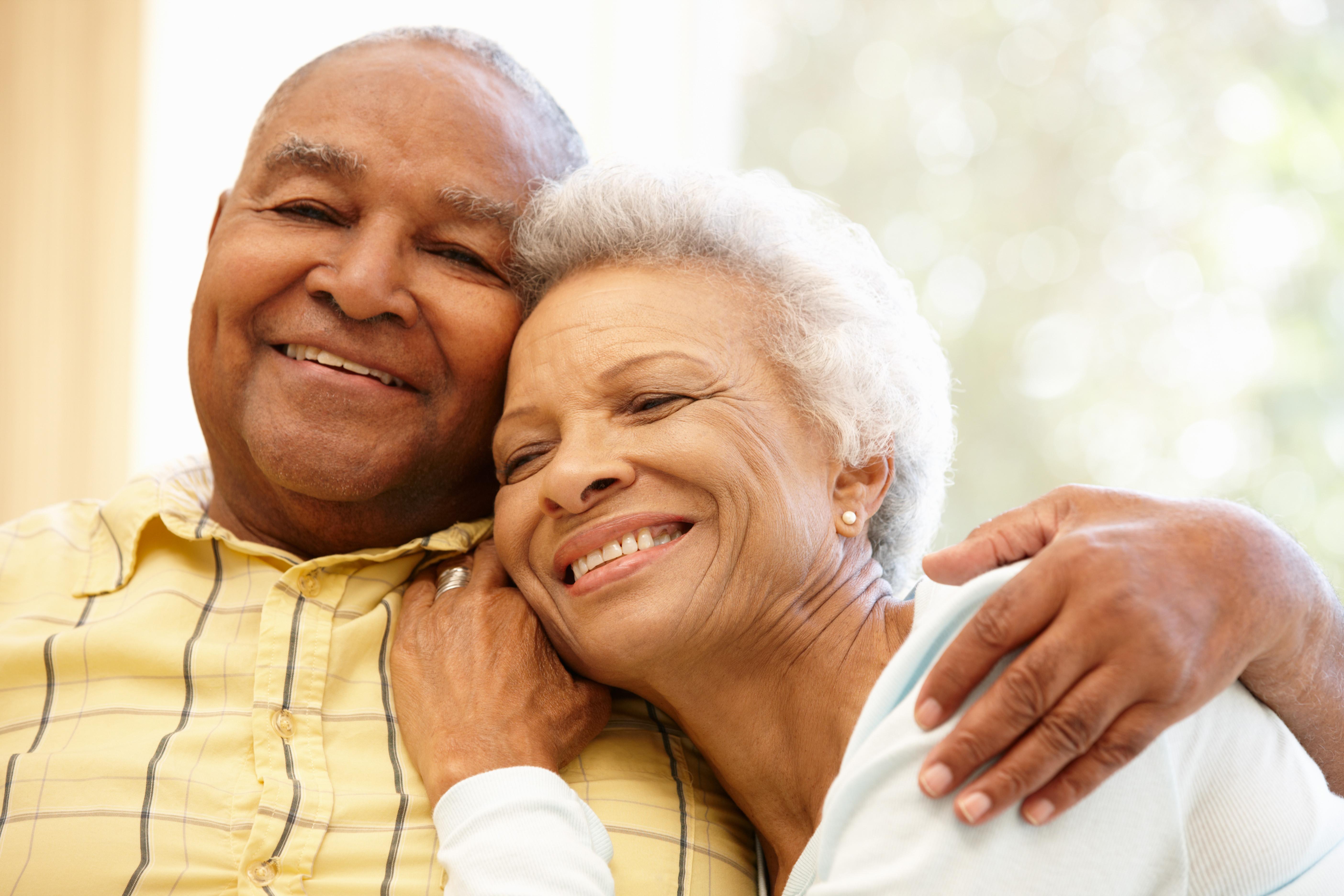
The varied role of carers
You may help your partner:
 sing and getting out of bed.
sing and getting out of bed.
Will being a carer affect my own health?
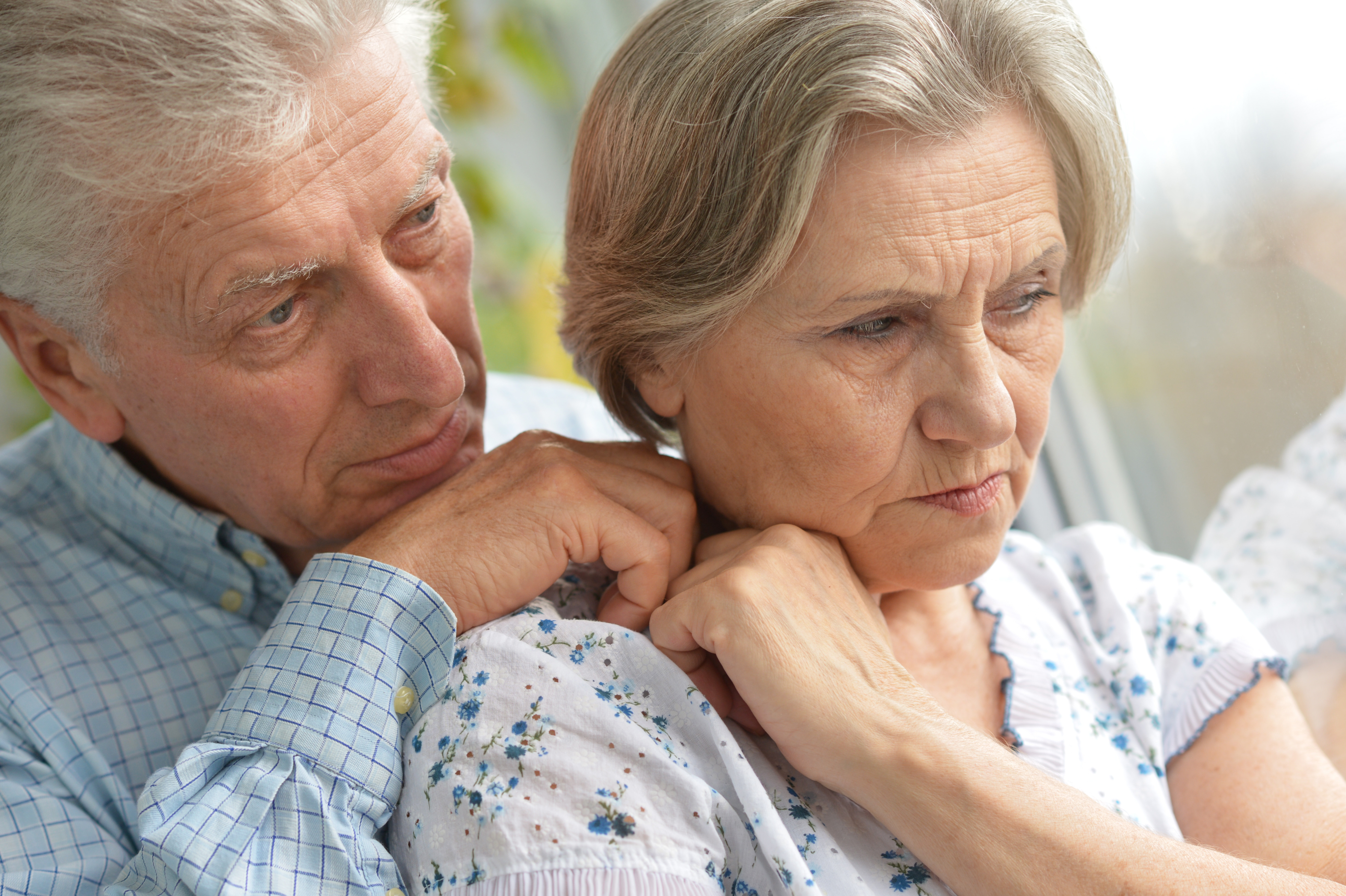

Taking 15-30 minutes a day just to relax can be beneficial. You may:
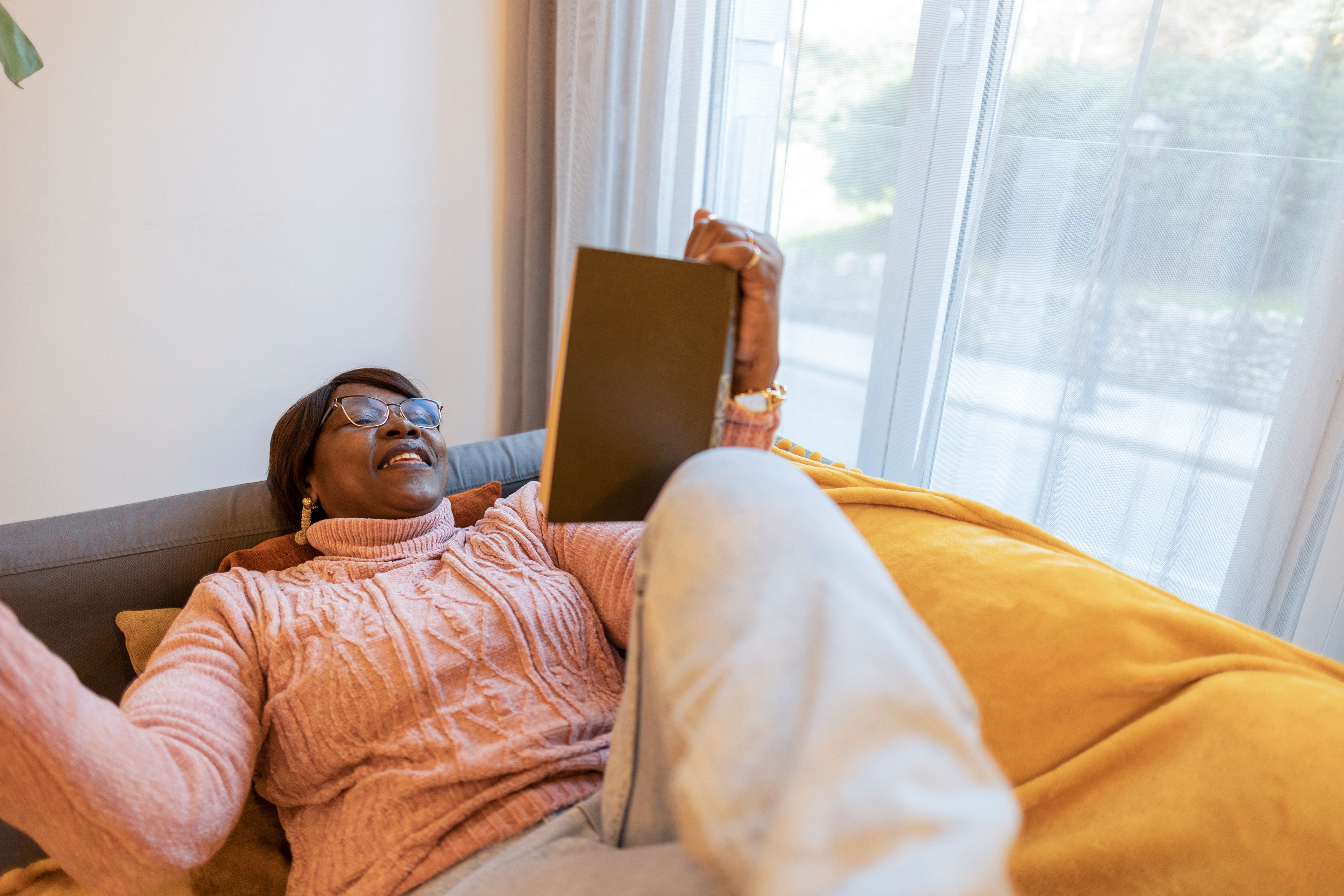
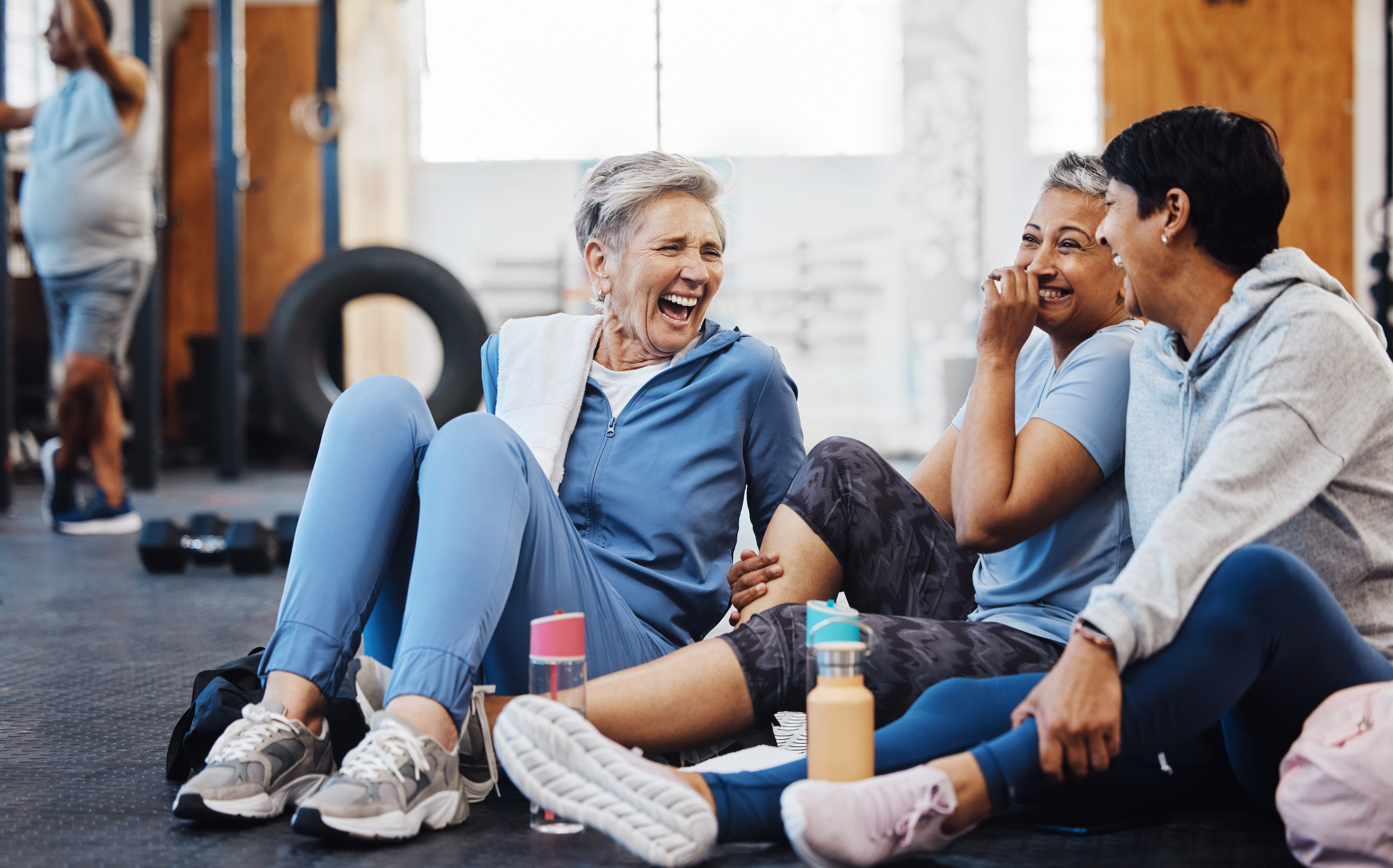
Tackle Prostate Cancer (this link will open in a new tab) are the only UK-wide charity representing people with prostate cancer and those who care for them. They also support patient groups around the UK. You can search for your nearest support group on their support group page (this link will open in a new tab). Many of these groups welcome partners and families.
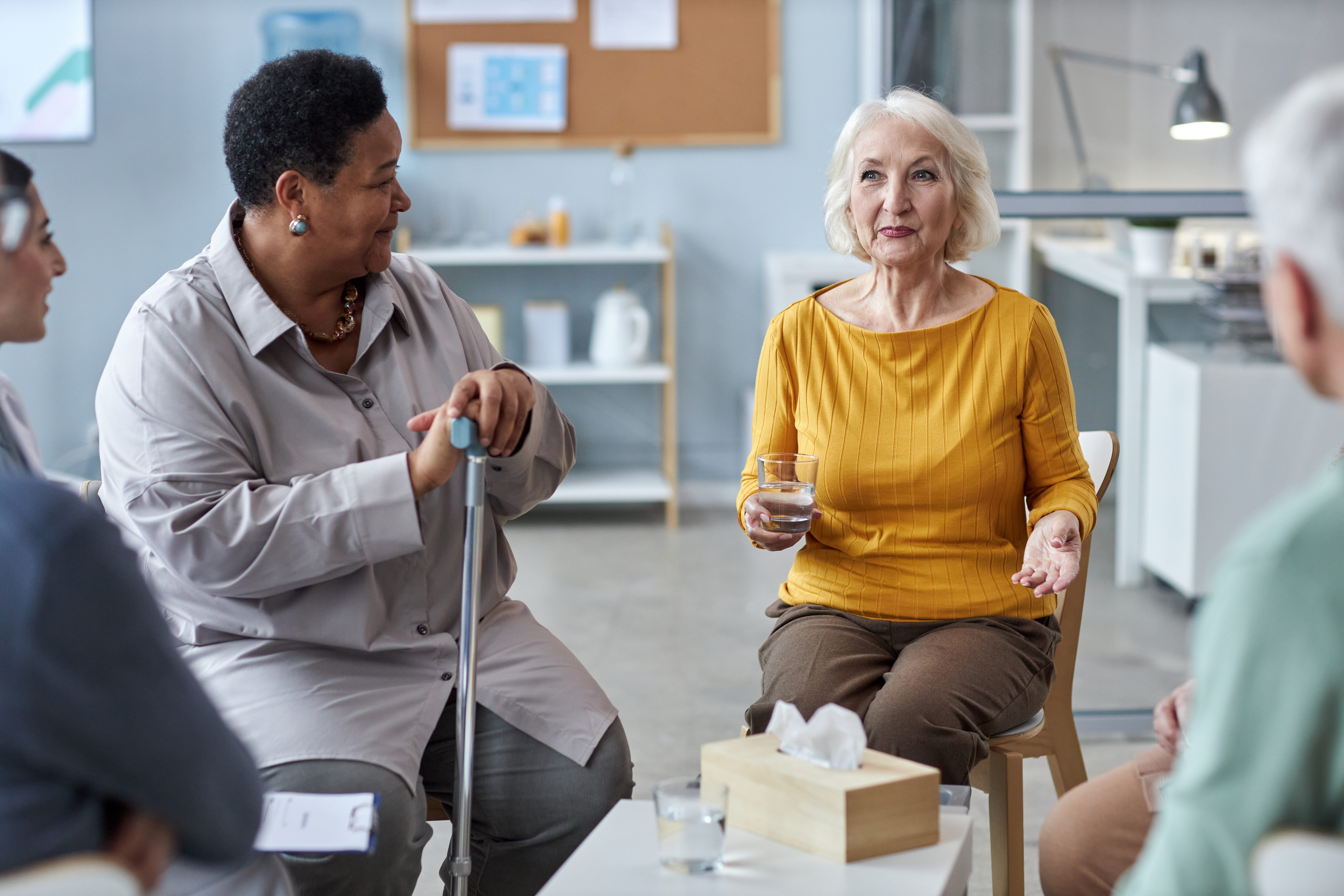
You can dip in and out depending on what you need. Visit their website to access the exercises (this link will open in a new tab).
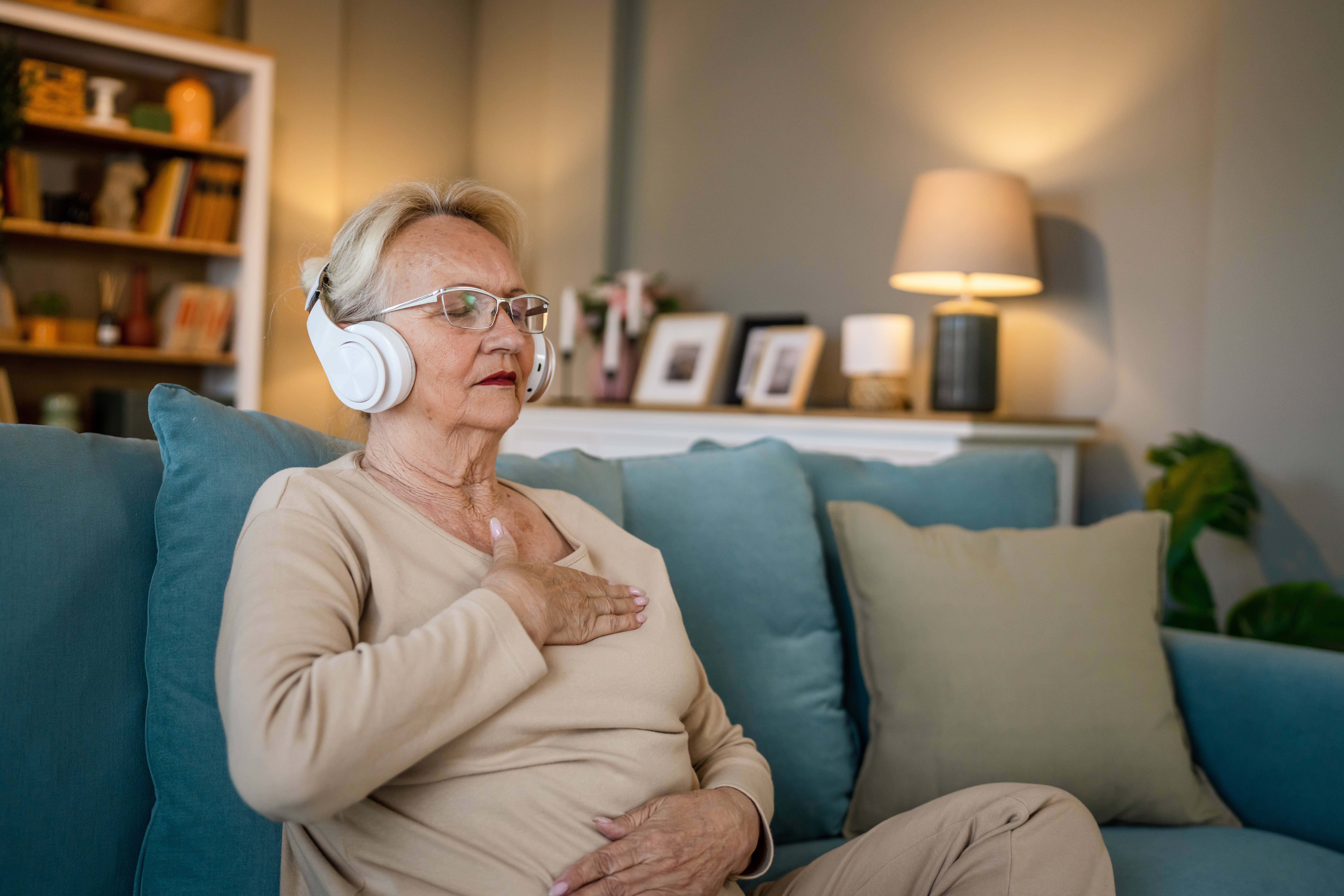
You can sign up on their website (this link will open in a new tab).
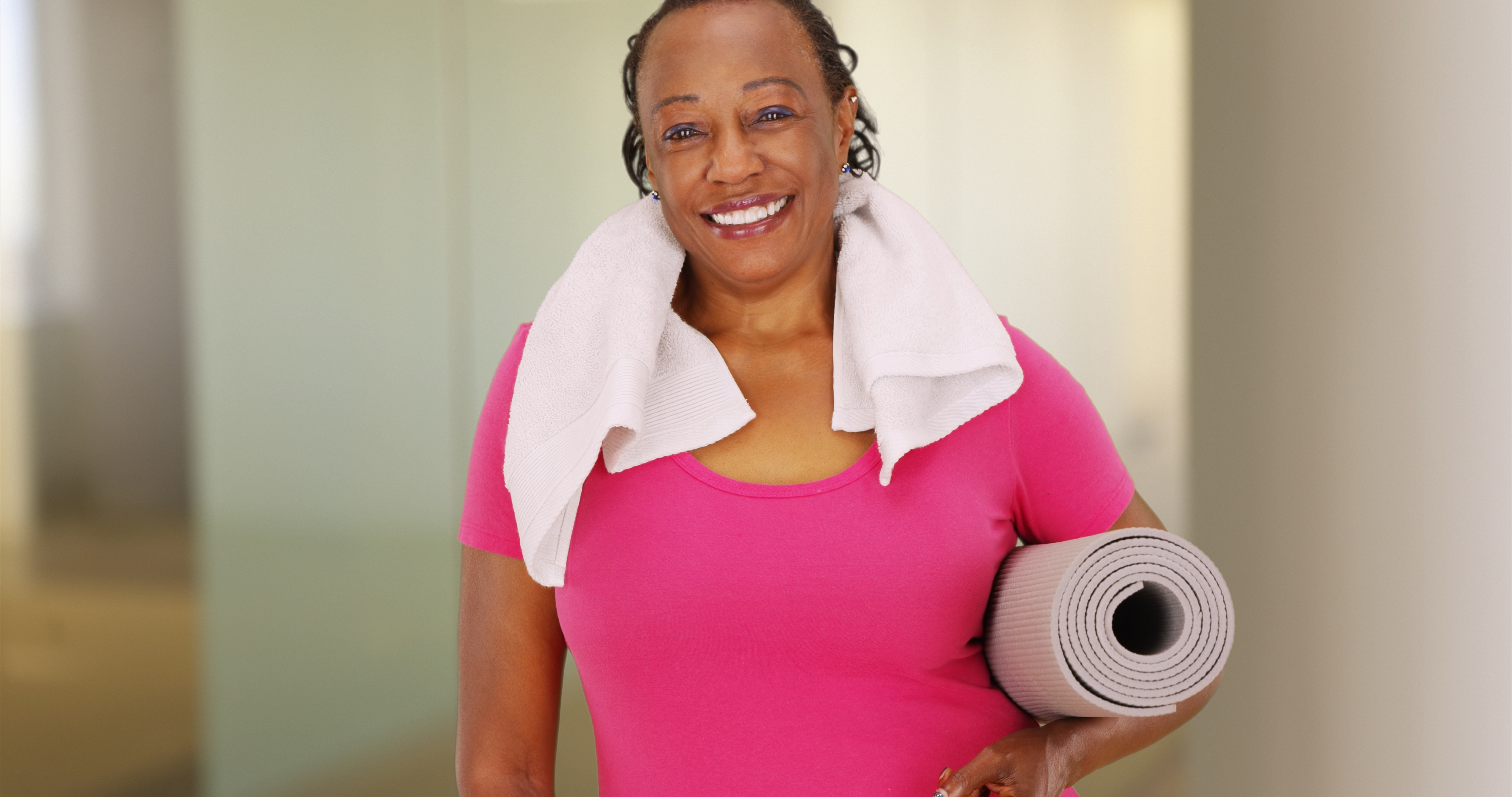

The stress and anxiety of dealing with your partner’s cancer diagnosis and treatment can affect your sleep.
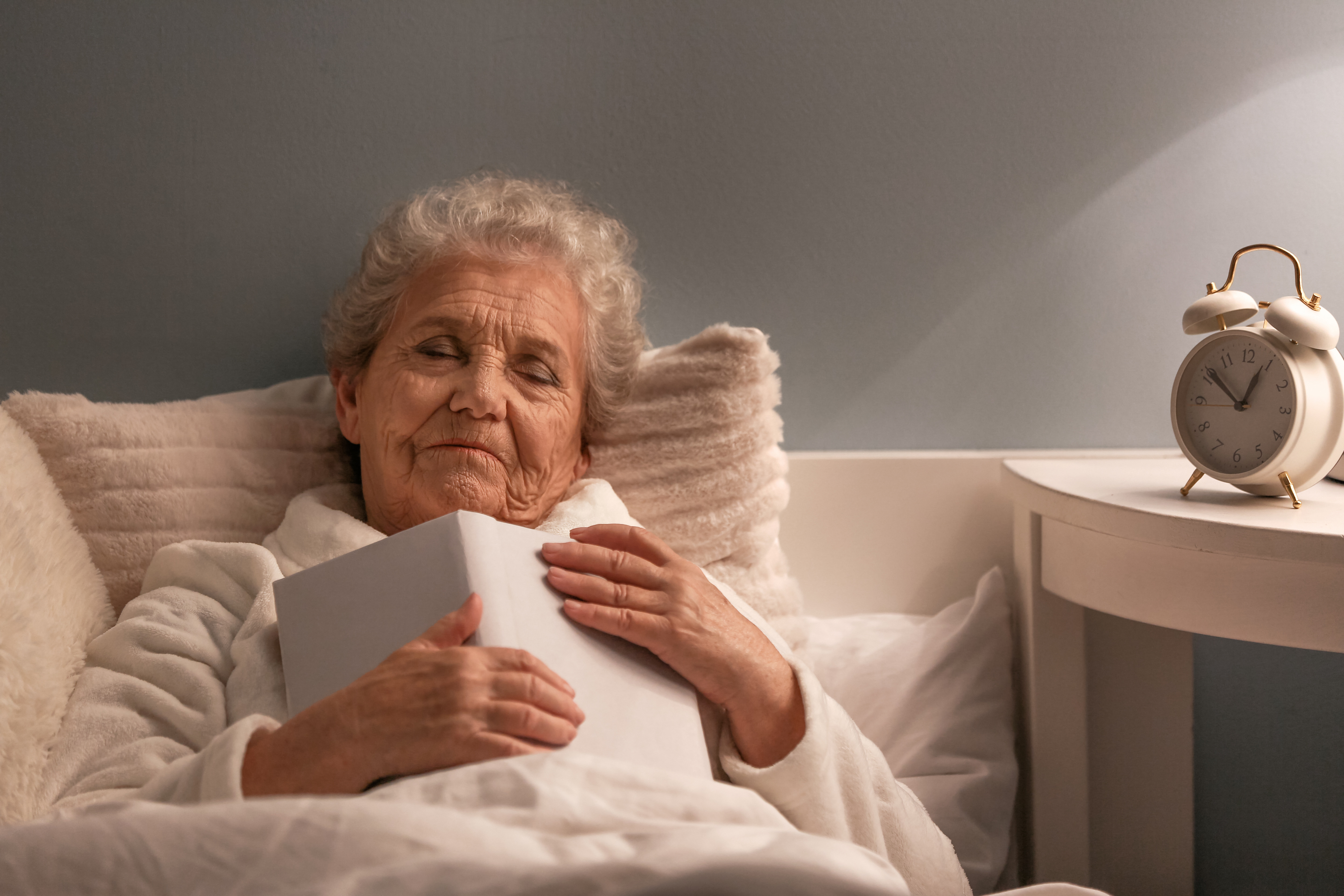

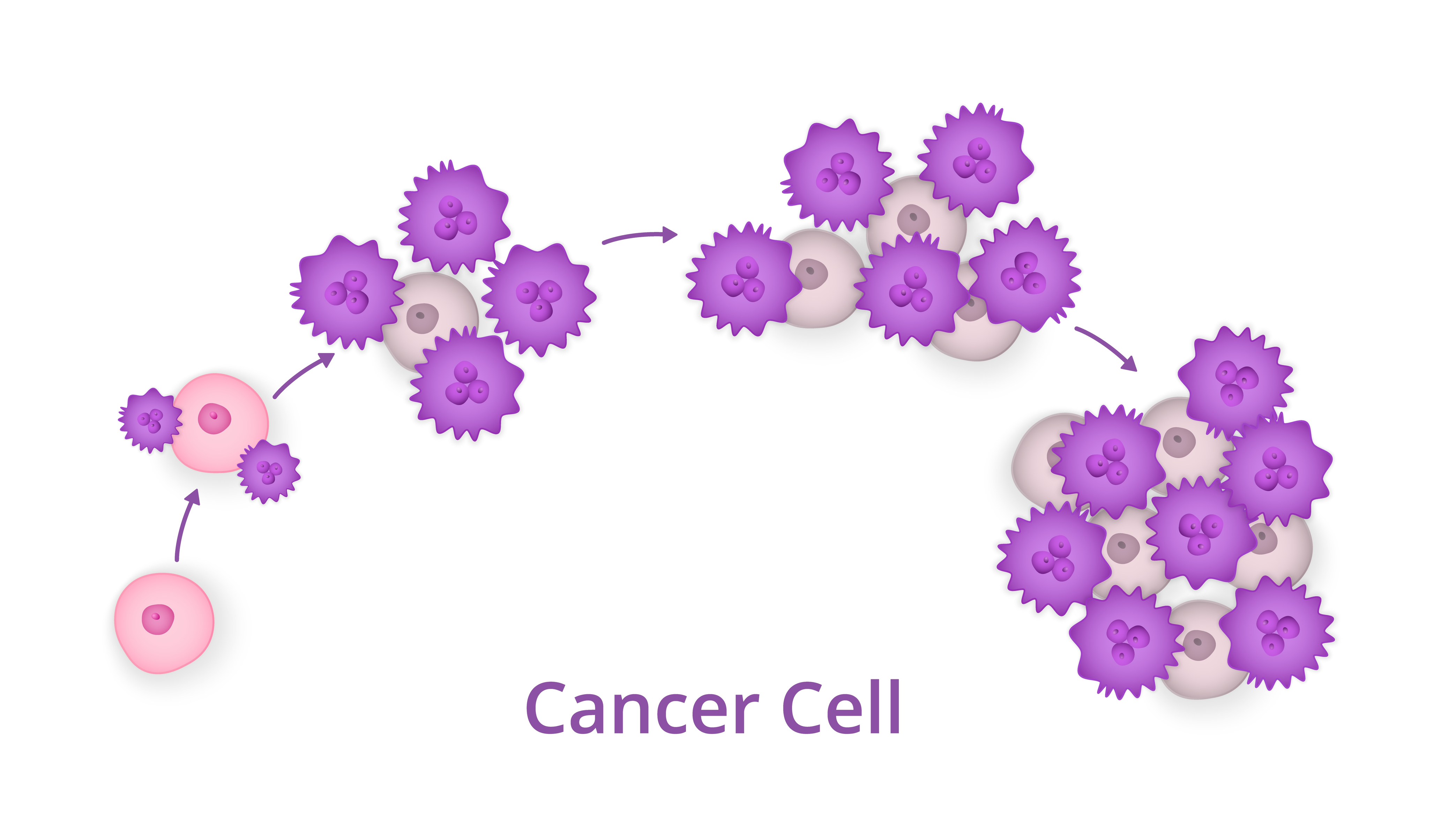
Your role and responsibilities in the family may change.
 your work and social life.
your work and social life.Visit the NHS menopause page (this link will open in a new tab) for more information.
Make a list of questions to ask.
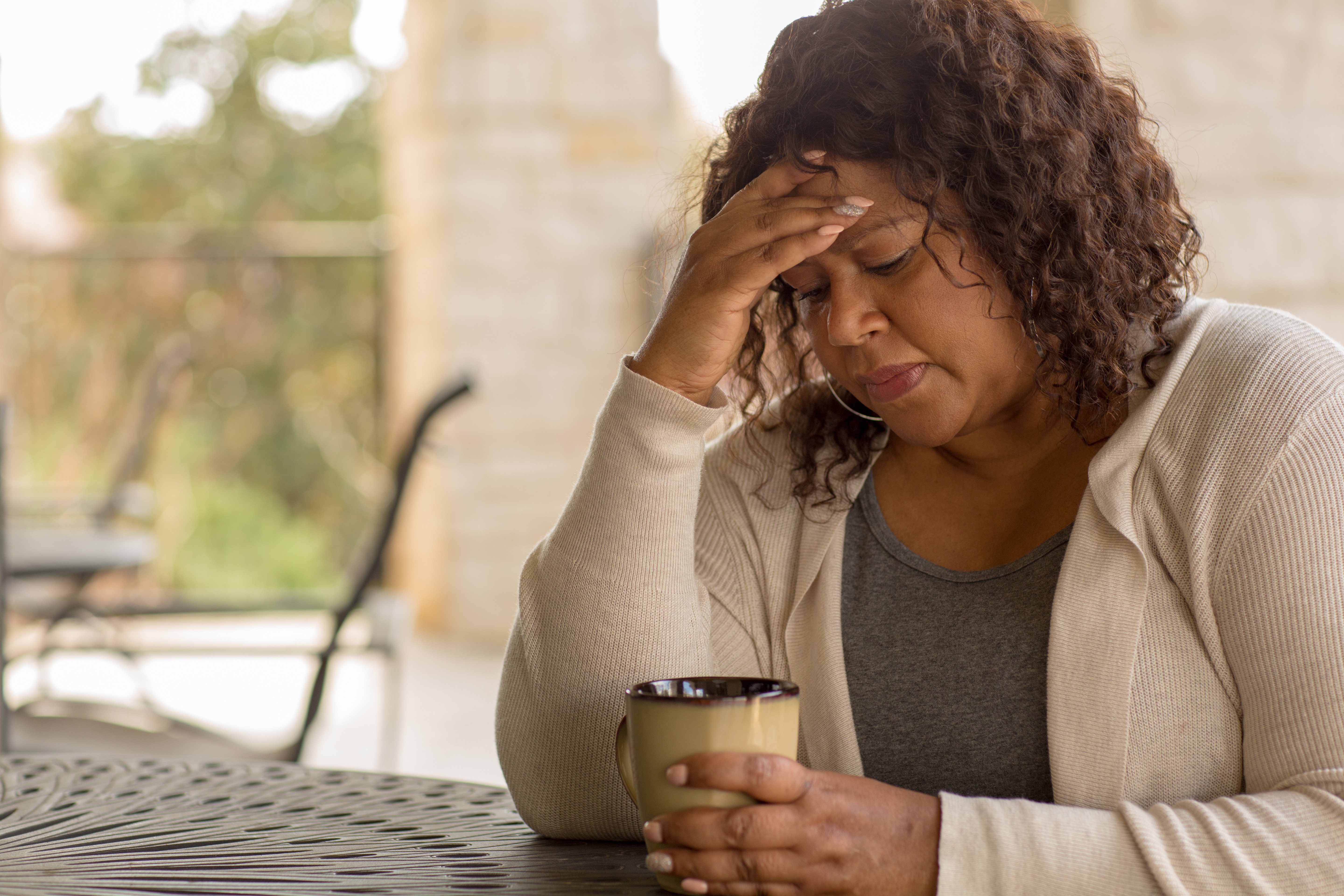
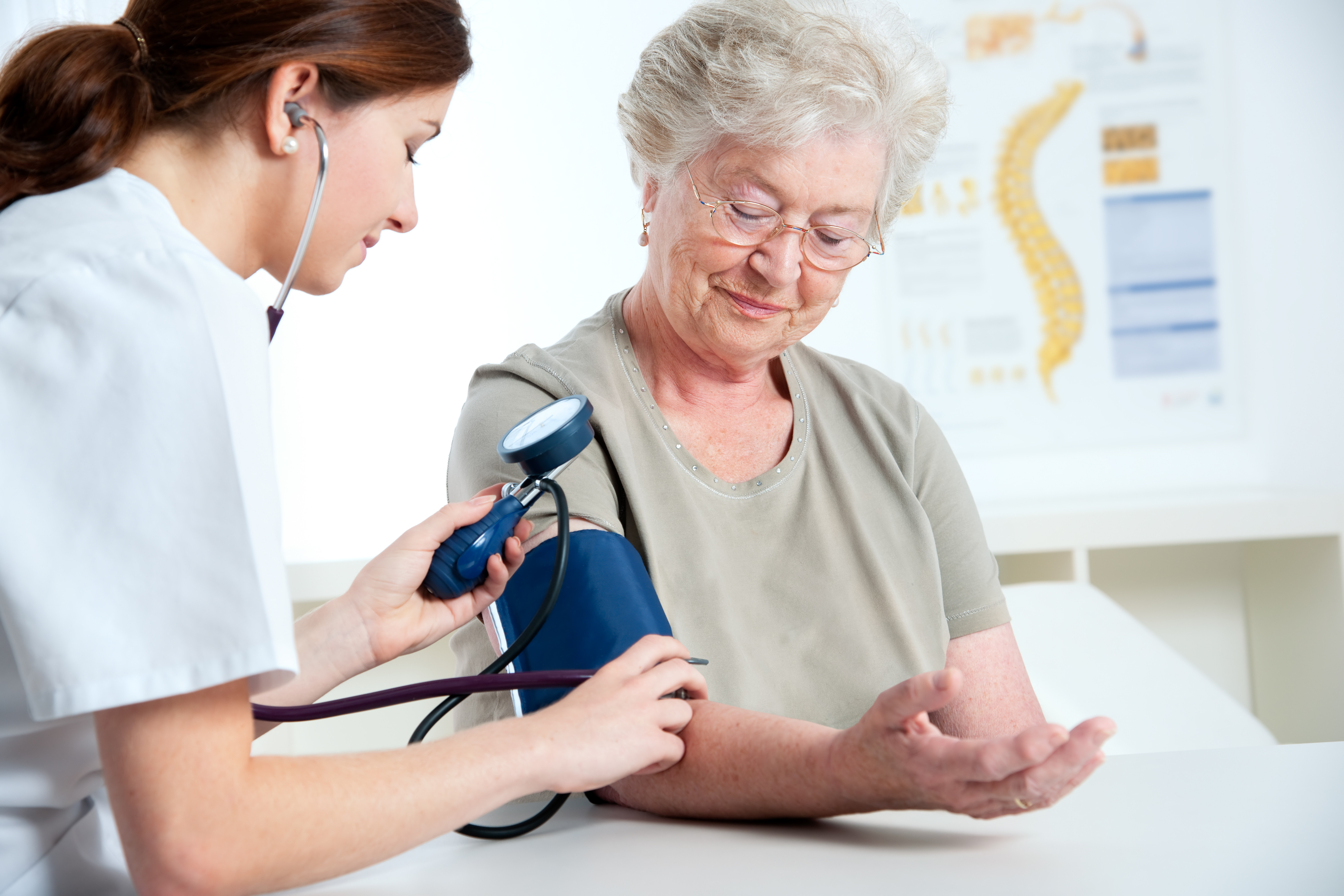
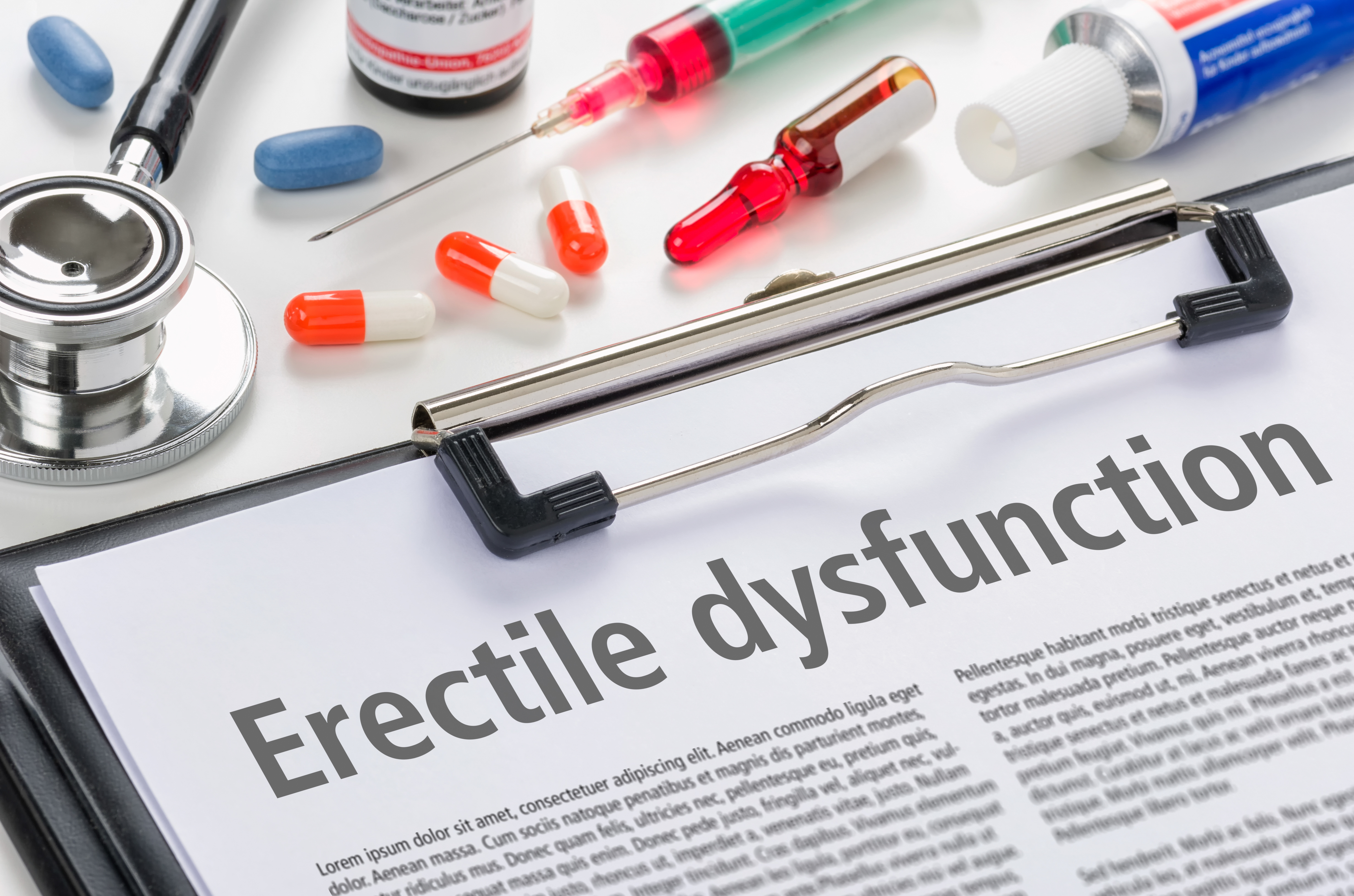
Encourage your partner to share their feelings. This may not be easy. You will need to be patient and choose the right time and place. Wait until they are feeling relaxed, you are both alone, and have plenty of time. For example, plan to go out for a walk.
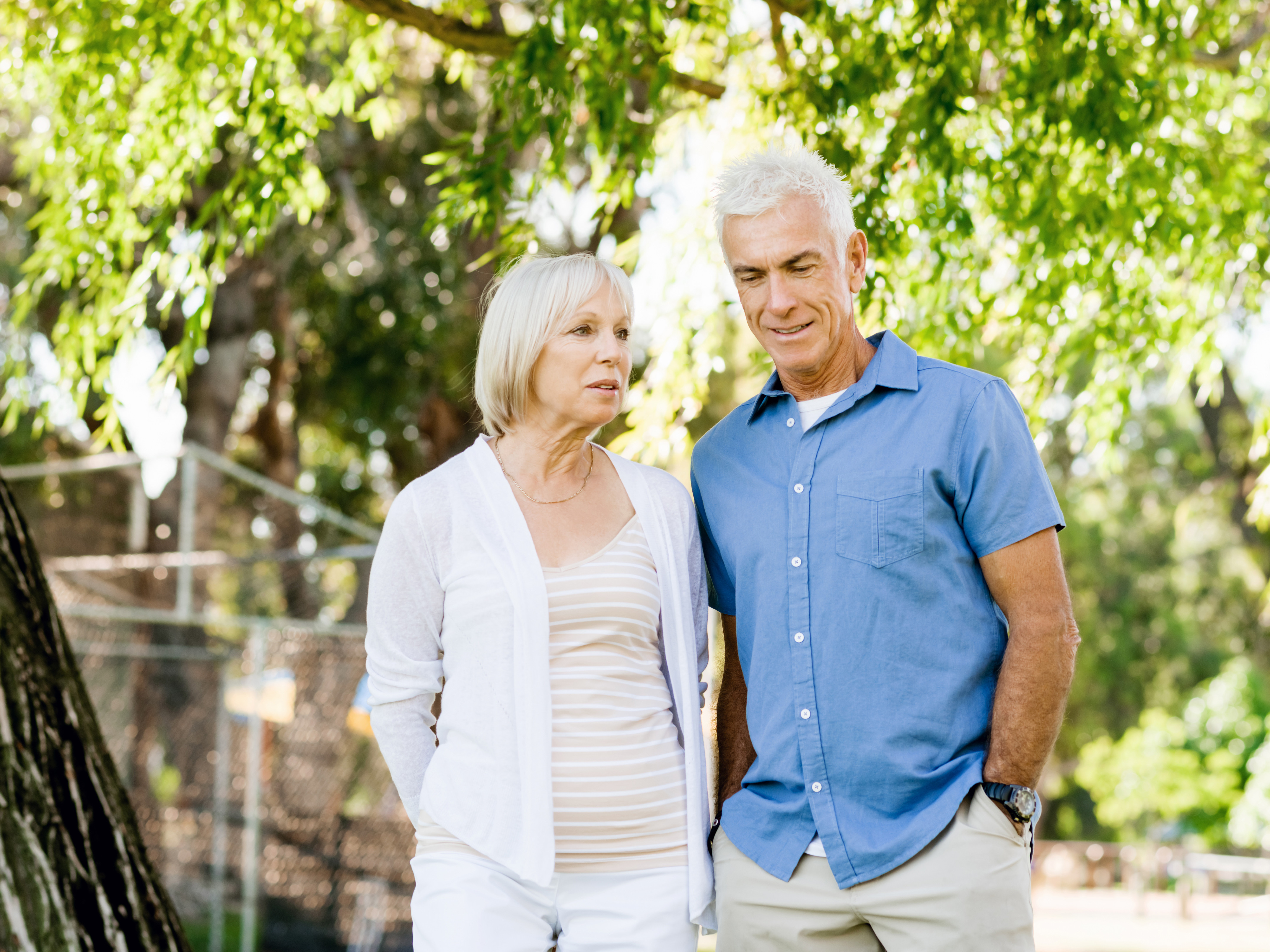
Using sex toys like vibrators and dildos

Using erotic materials. This does not have to involve porn. It may include movies, books, poetry, art or stories and podcasts like those from erotic storytellers and sexual wellness company, Dipsea (this is a paid service but a free trial is available).
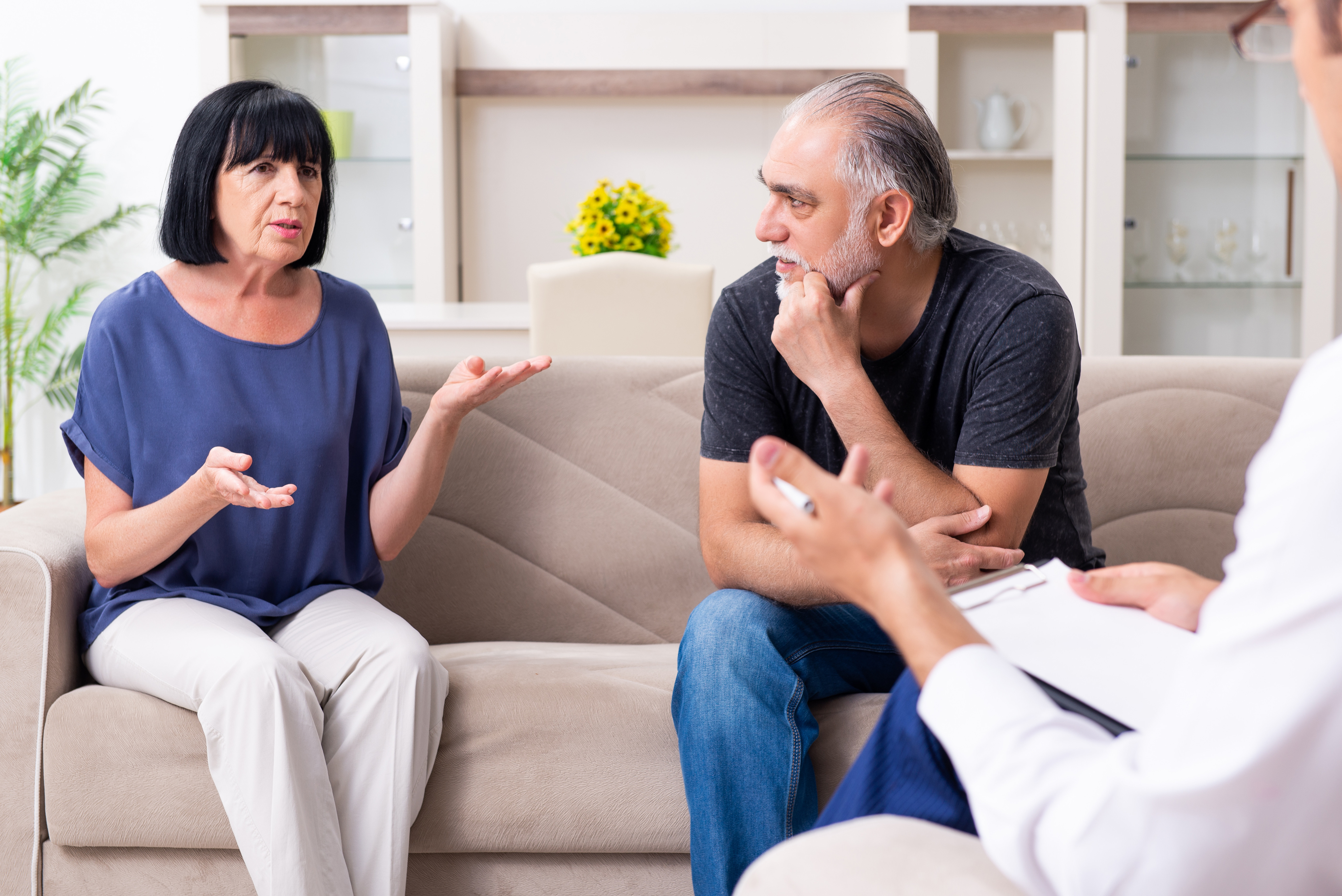
Intimacy is a feeling of closeness, togetherness, and emotional connection with your partner.
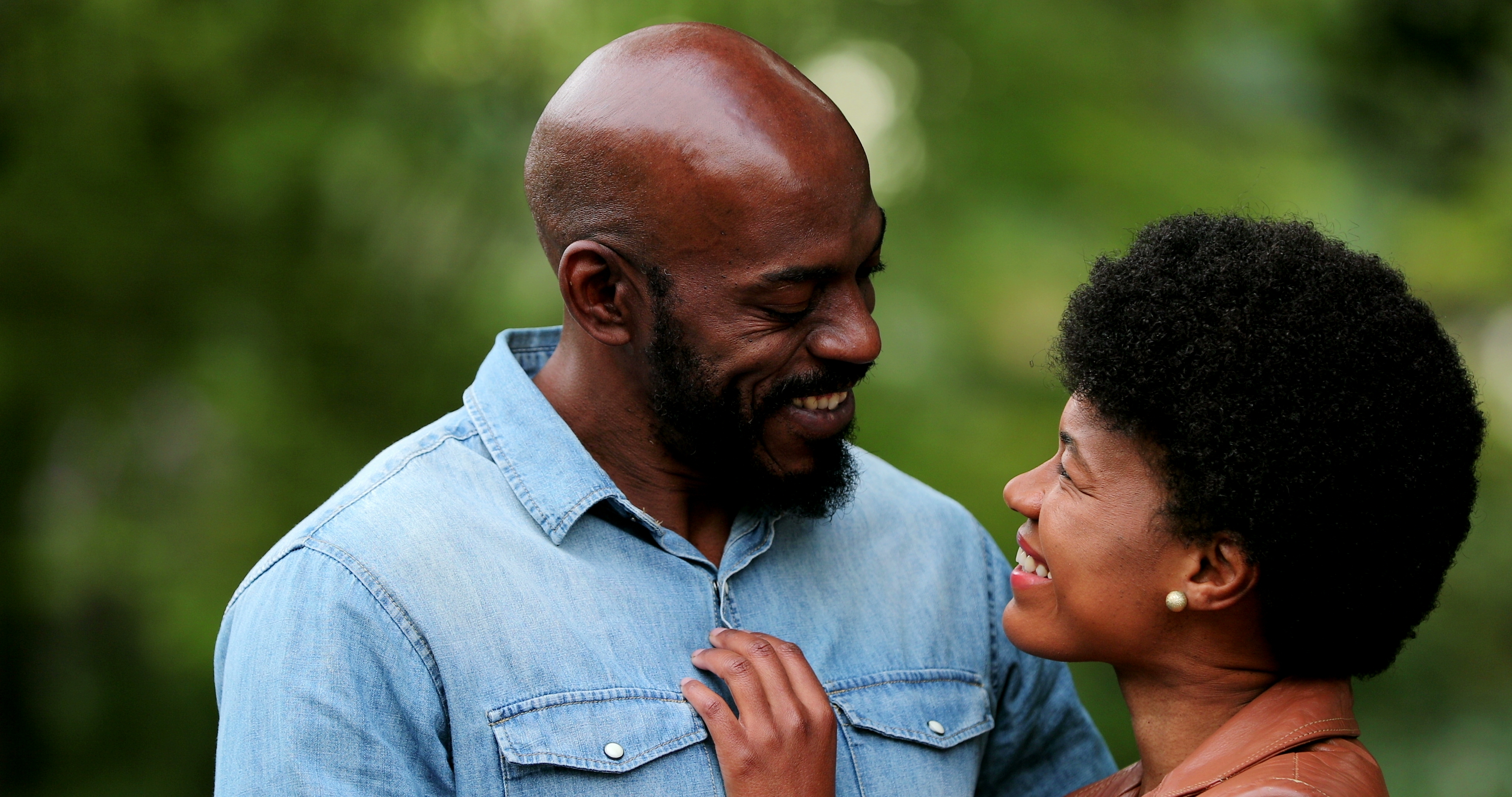
Having open conversations about this first, letting them know that the changes don’t affect the way you feel about them, may help you both relax and reduce any anxieties.
Making time to listen to each other and making the other person feel heard.
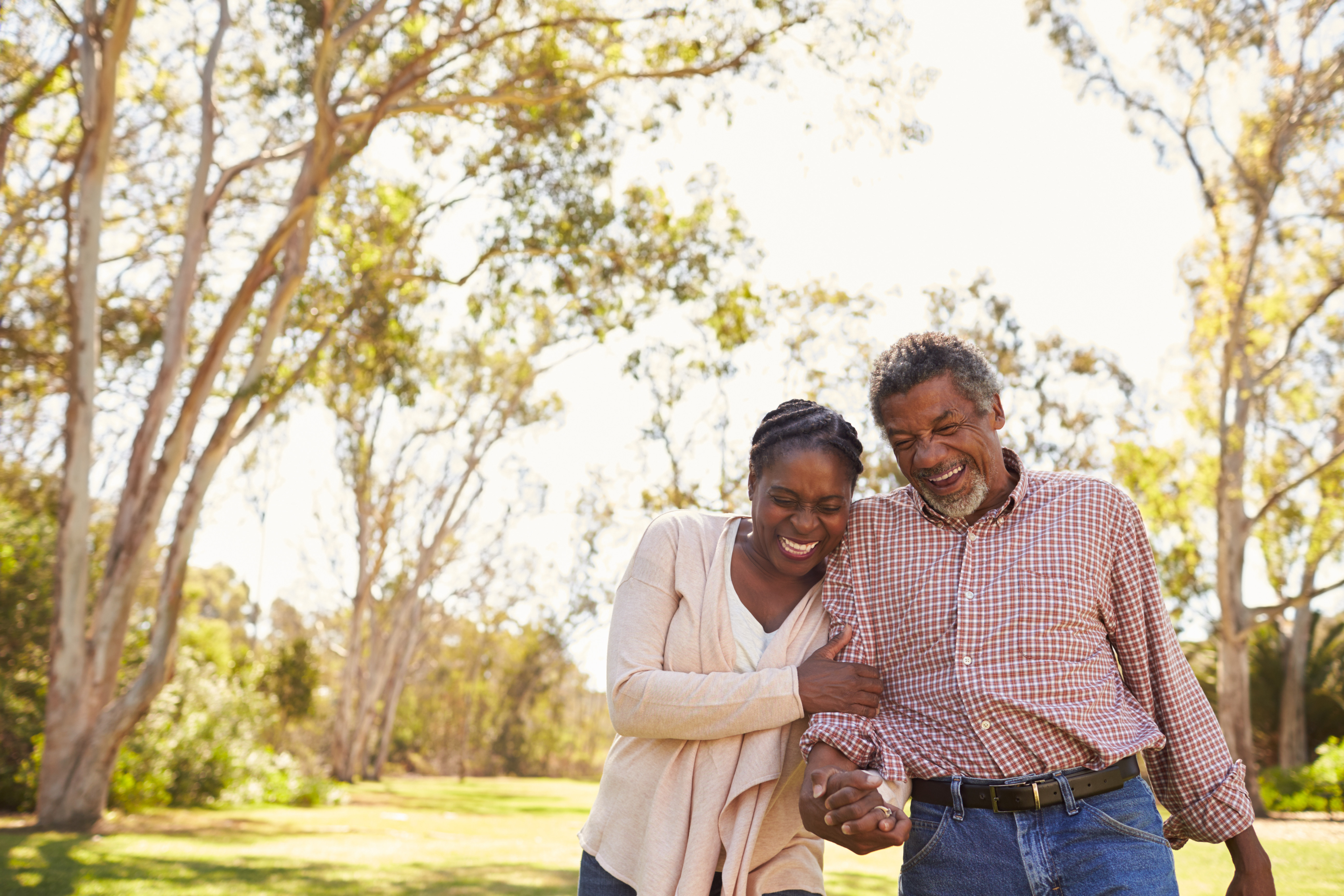
This page offers resources to help partners and carers of those who have prostate cancer.
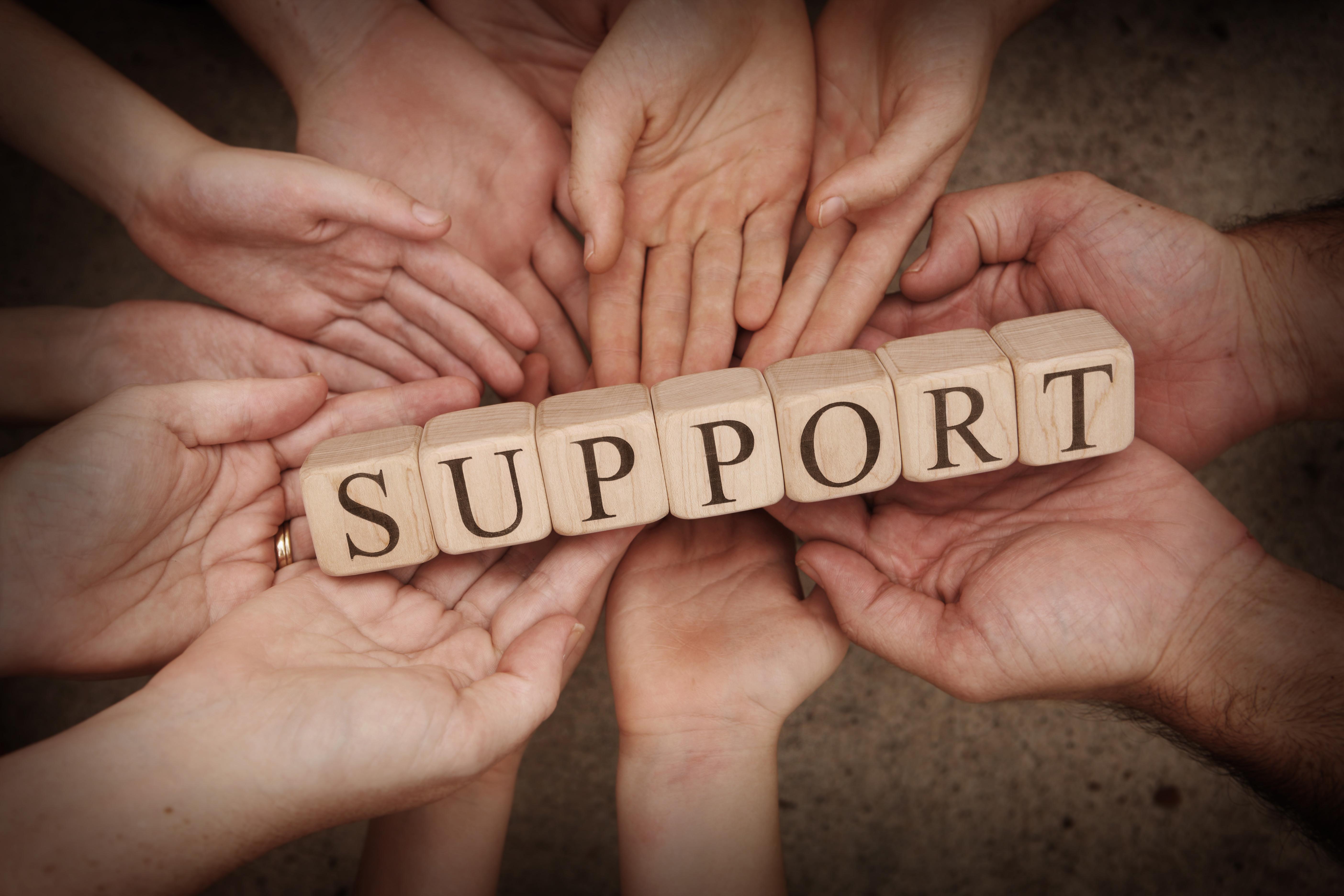
This webinar is an information resource for people affected by prostate cancer. It is a collaboration between Prostate Cancer Research (PCR) and Ipsen Ltd. This project has been funded by Ipsen Ltd.
DRSC-GB-000241 | September 2023
_______________________________________________

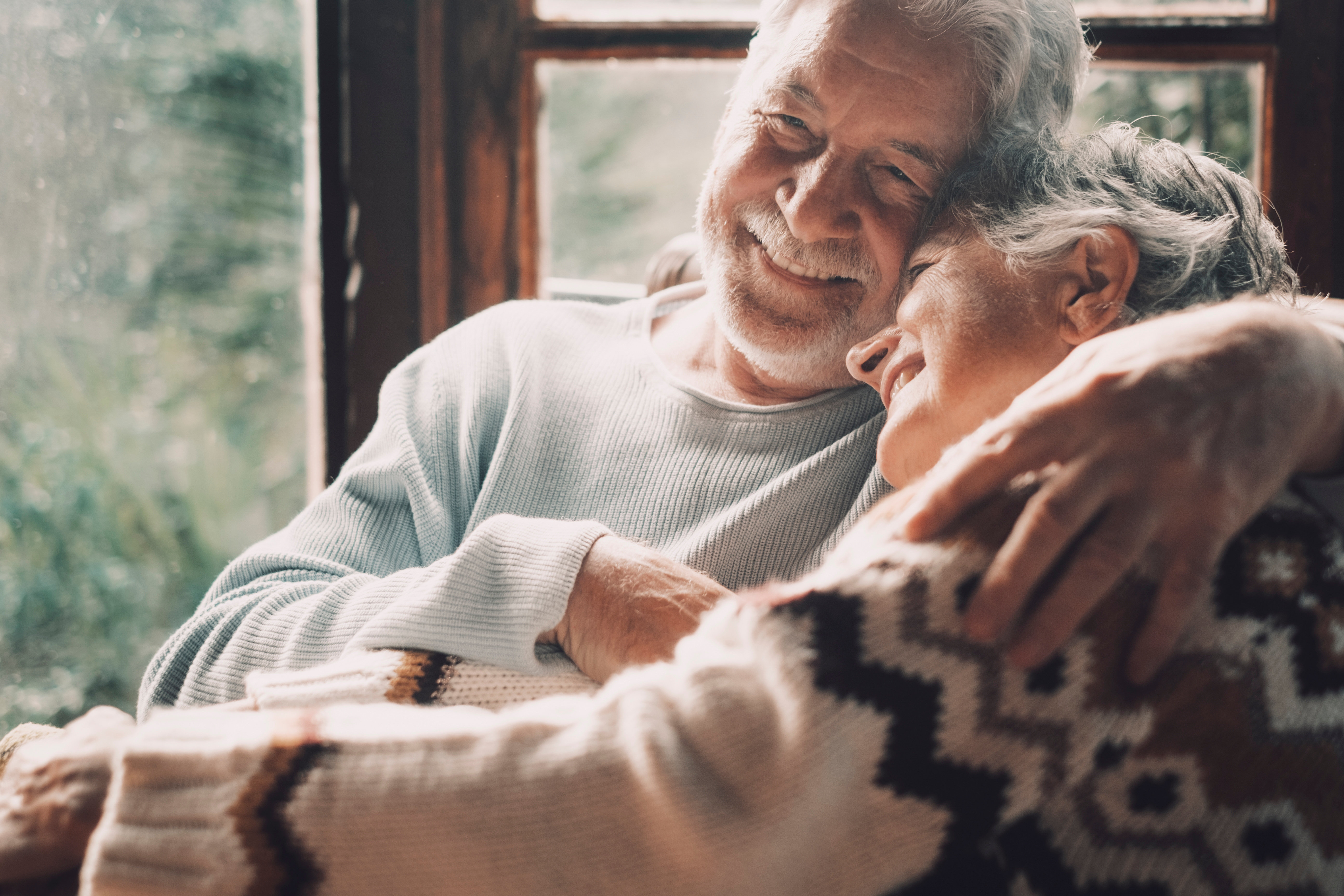
Visit the Carers Trust website to find out more information and find your local carer organisation (this link will open in a new tab).
This is designed by carers for carers. For more information visit the Carers UK Jointly app webpage or the Jointly app webpage (these links will open in new tabs)
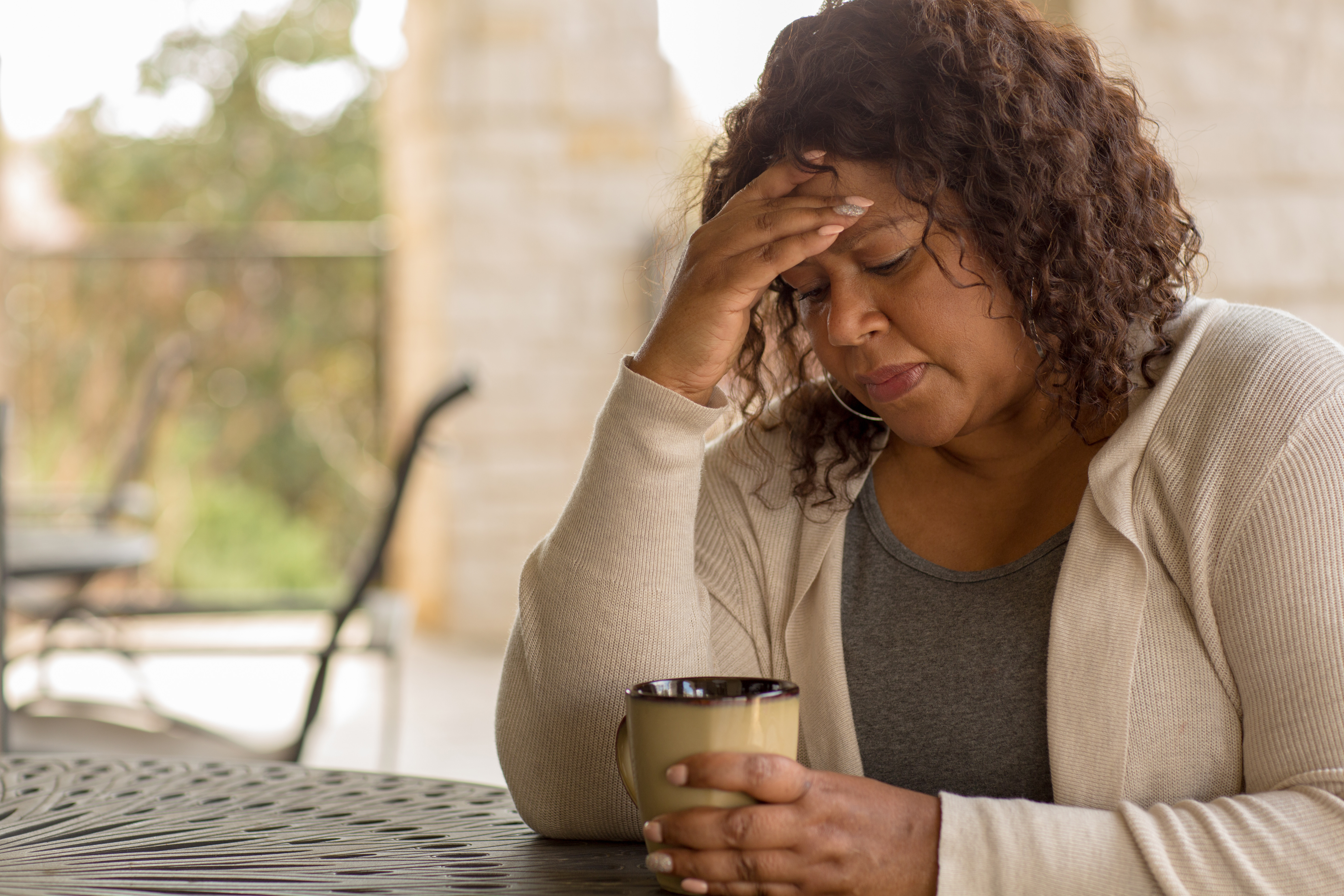
Address:
Whitefriars, 2nd Floor, Room 13
Lewins Mead
Bristol
BS1 2NT


Please note, access to the experts is a paid service.



Cancer Society New Zealand have a webpage called information about sex when your partner has cancer (This link will open in a new tab).
This includes:

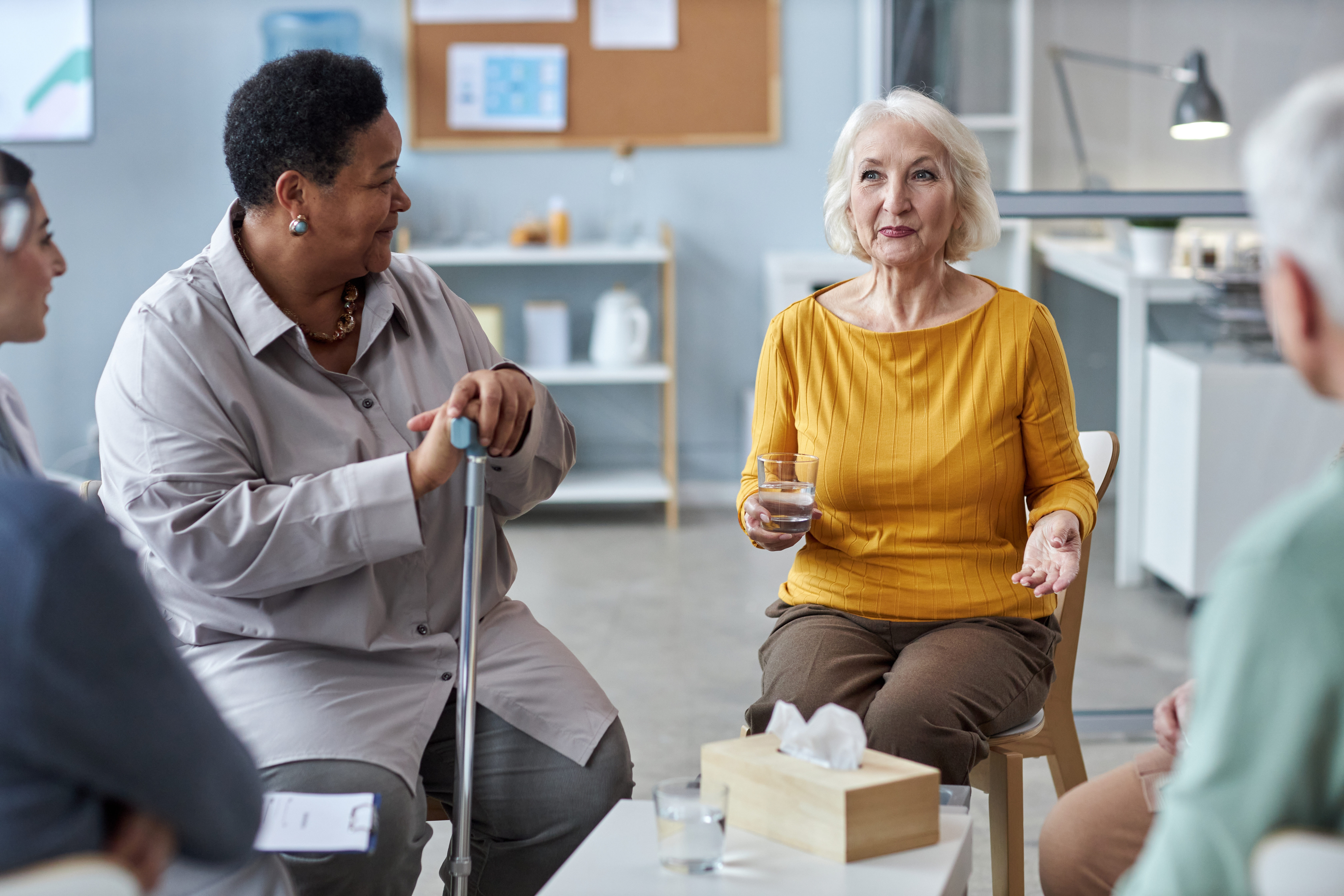
You may find it helpful to speak to other partners of people with prostate cancer. Joining a support group can give you the chance to hear experiences from other people who have been or are going through the same journey as you.

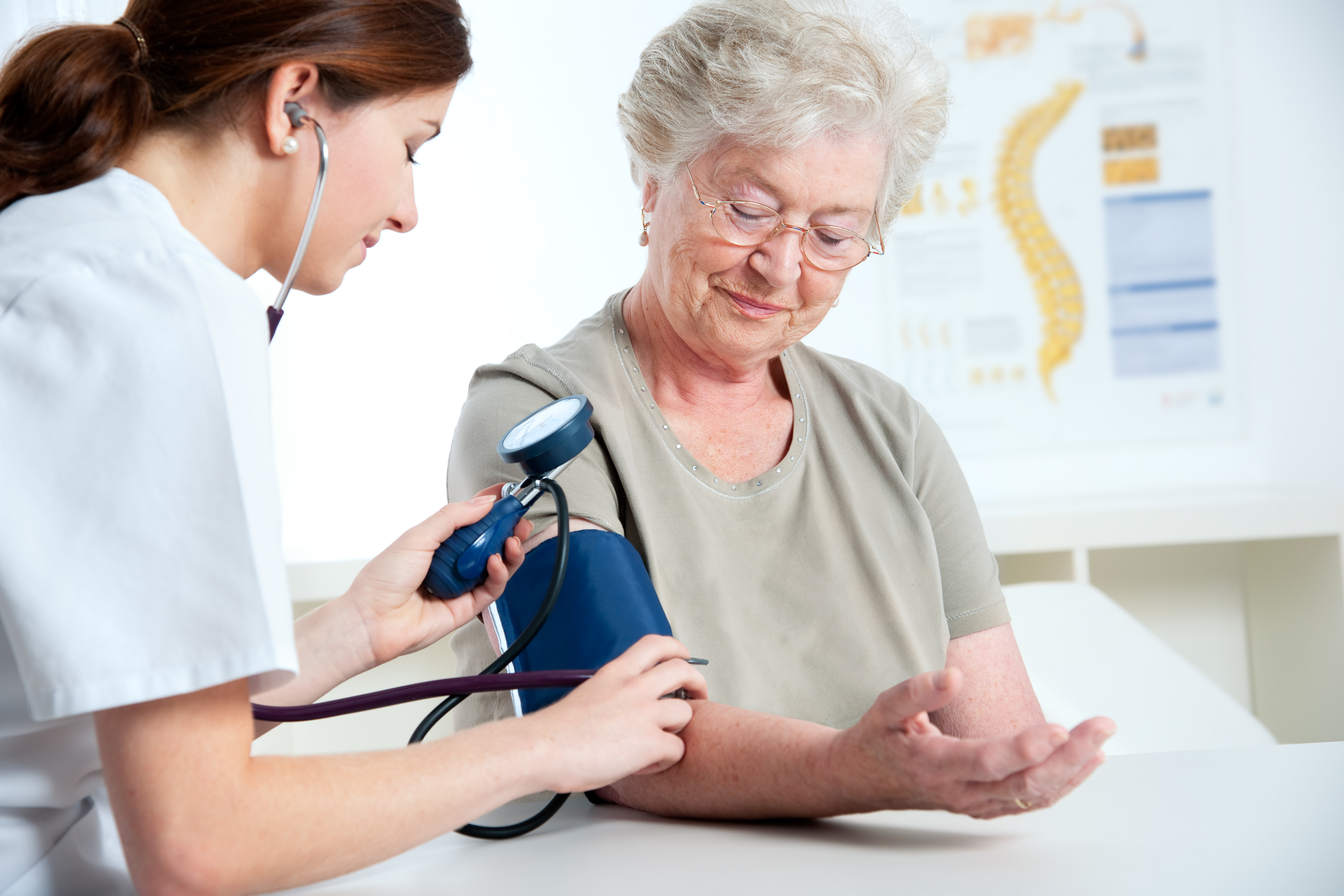
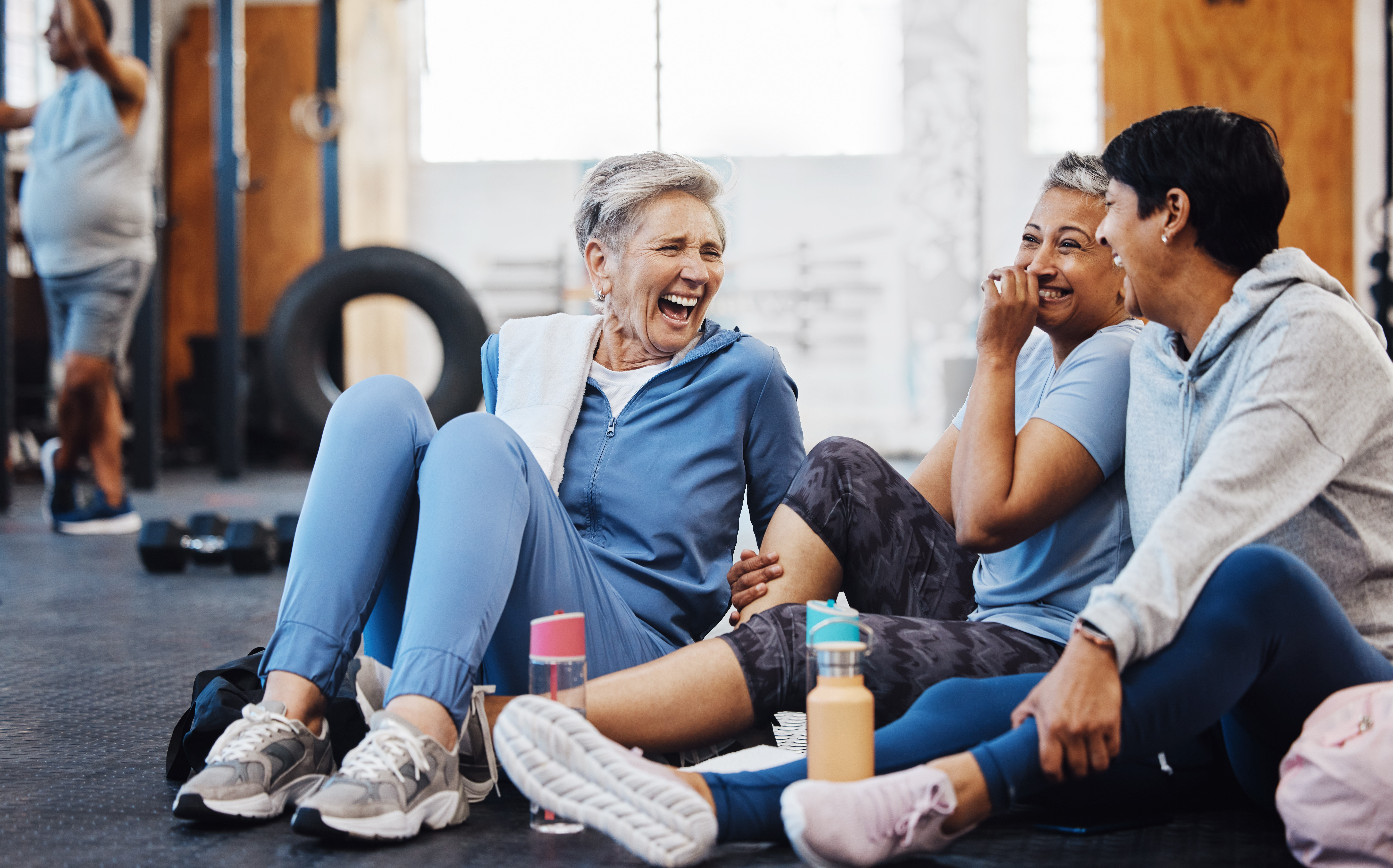
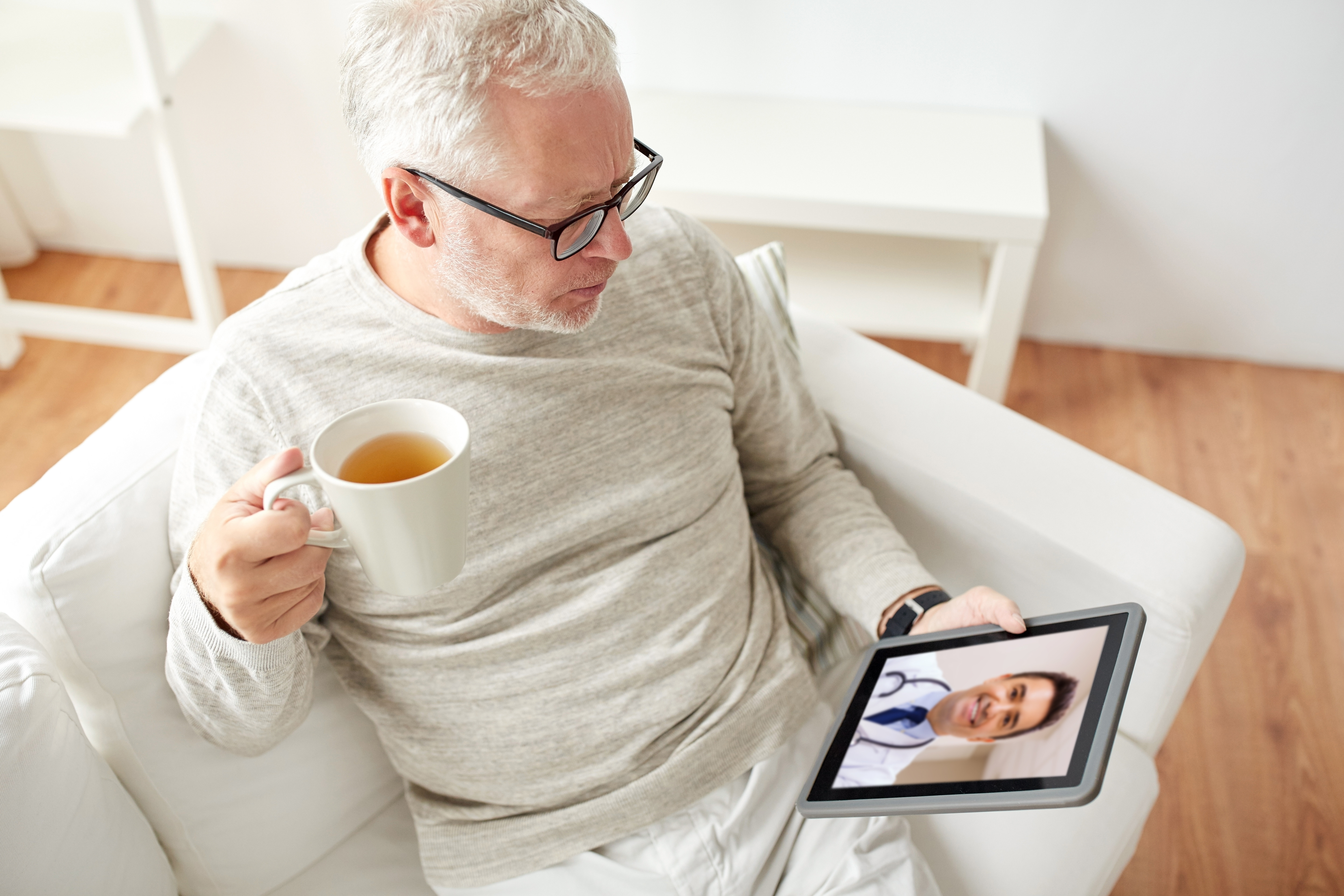
David's partner has had surgery for prostate cancer. Listen to him quiz therapist Andy about the issues he and his partner are experiencing since the surgery.
They talk about dealing with:
Therapist Andy is a member of the College of Sexual and Relationship Therapists. Visit their 'find a therapist' page (link will open in a new tab) to look for a therapist near you.